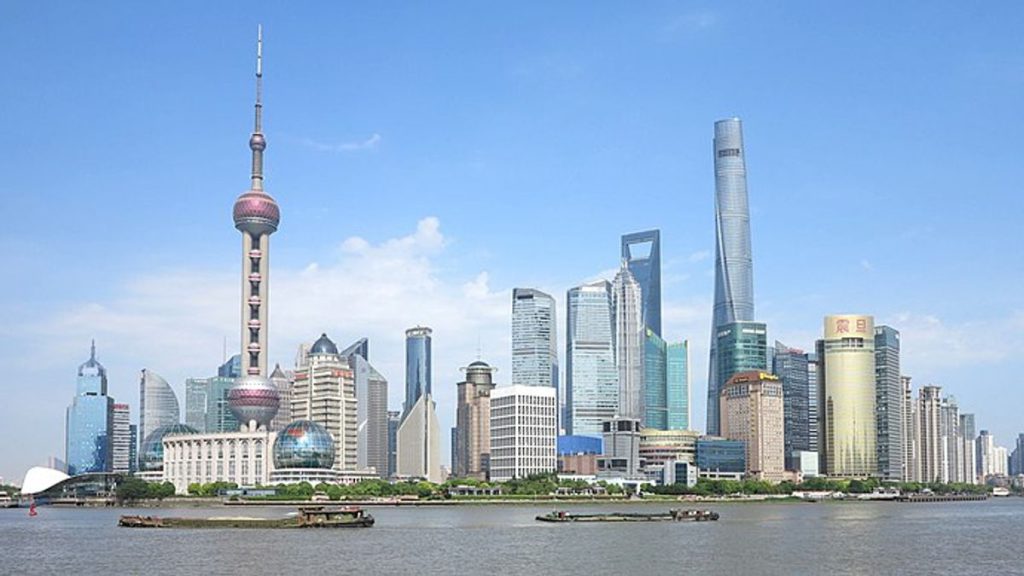As millions of Shanghai residents wait in line for coronavirus tests in the city’s closed-down metropolis, officials promise shops tax breaks and the operation of the city’s busiest port to minimize interruptions to industry and trade.
The closure of most operations in China’s most populated city this week to combat virus outbreaks rattled financial markets already jittery over Russia’s war in Ukraine, increased US interest rates, and a Chinese economic downturn.
The ruling Communist Party is attempting to fine-tune its epidemic approach of zero tolerance in order to limit job losses and other costs to the world’s second-largest economy.
Tax refunds, rent reductions, and low-cost loans for small enterprises have all been offered by the Shanghai government. Jobs would be stabilized and the economic environment would be improved, according to a government statement released Tuesday.
According to state television, operations at the world’s busiest port, Shanghai, were normal, and administrators went above and beyond to guarantee that ships could call normally. The Yangtze River Delta is one of the world’s busiest manufacturing zones, with companies producing cellphones, vehicle parts, and other items.
According to the online news outlet The Paper, operations at Shanghai airports and train stations were normal. Earlier, bus transportation into and out of the 26-million-strong metropolis was halted. A negative virus test is required of all visitors.
According to experts, the most significant possible impact on China’s Asian neighbors and the rest of the world would come from circumstances that dampen demand in the world’s most populous consumer market.
All of China’s neighbors, including Japan and South Korea, see it as their most important trading partner.
Due to a government push to reduce corporate debt and other problems unrelated to the epidemic, economic growth was already expected to slow from last year’s 8.1 percent. The stated aim for the ruling party is 5.5 percent, but forecasters say even that appears difficult to achieve and will require stimulus spending.
China has a significant market for most industries, from oil and coal to electronics components and consumer goods.
